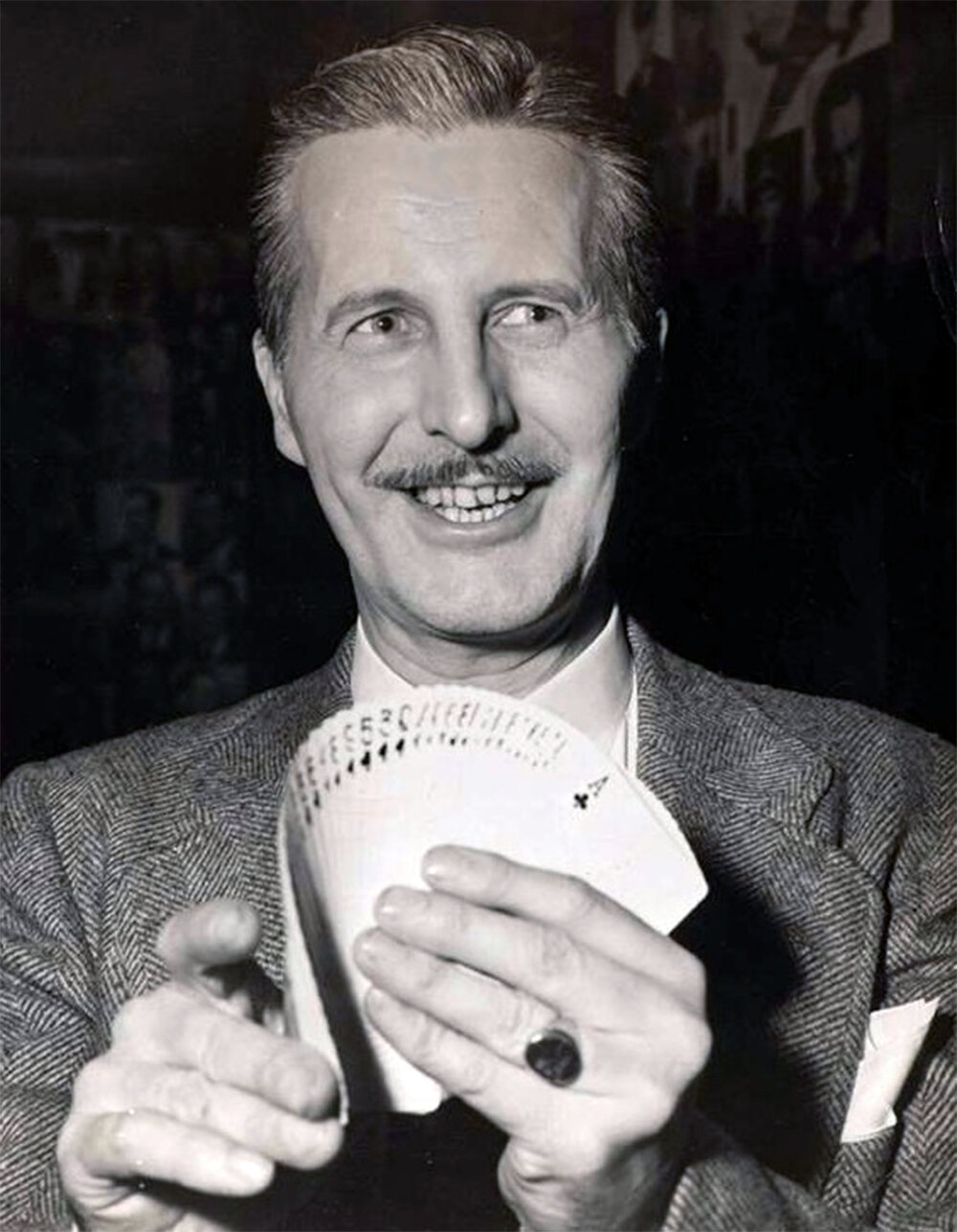It is the process of putting thoughts into other minds. Hypnotists are also known for their work as hypnotherapists.
Hypnosis can be divided into various categories, based on the kind of trance the hypnotist uses to do his job. Jon Finch, for instance , often , uses his hypnosis to know thoughts, only for entertainment purposes. A hypnotist’s skills involve suggestion, ideomotor action, and somnambulism, imagination.
Hypnosis is a state in human consciousness involving focused attention and a reduced awareness of the peripheral and a greater ability to react to suggestions. The term may also refer to an art, skill, or the act of provoking hypnosis.
Theories of what happens in hypnosis can be divided into two categories. Theories of altered states view hypnosis as an altered state of mindor trancethat is characterized by a state of consciousness distinct from the usual conscious state. Contrary to this, nonstate theories view hypnosis as a form of imaginative performance.
The most well-known method of mesmerism is to obtain memories via suggestion. However, different forms of hypnosis are sometimes included.
In hypnosis, an individual is said to have heightened focus and concentration. Attention is narrowed down to the issue that is in front of themThe person who is hypnotized appears to be in a state of trance or sleepstate, and has the ability to react to suggestions. The person may experience partial amnesia, allowing them to ‘forget’ certain things, or to disconnect with previous or present memories. The theory is that they show an increased response to suggestions. This could explain how the subject may enact activities outside of their normal routine behavior.
Many experts believe that the susceptibility to hypnotics is a result of personality characteristics. Highly hypnotizable people with psychotic, narcissistic, or Machiavellian personality features may find that hypnotic experiences are more like manipulating others rather than being in control. People who have an altruistic character type may likely remember and take in ideas more easilyand respond to them willingly without feeling threatened.
Theories describing the hypnotized state define it as a state of intense alertness and focusand fluctuations in brain function, levels of consciousness or dissociation.
In pop culture, the word “hypnosis” often brings to thoughts stereotypical depictions of stage hypnosis, which involves a showy transformation from the state of being awake into an euphoric state. It is usually marked with the subject’s arm dropping hypnotically to their side, with the idea that they are drunk or sleepy, and a subsequent demand that they do something. Stage hypnosis is usually done by an entertainer playing the role of an hypnotist. The person’s consent is demonstrated by putting them in a state of trance where they’re willing to listen and accept the advice given to them.
The term “hypnosis” can be used to describe non-state phenomena. It has also been argued that the results observed in hypnotic inductions are simply examples of classical conditioning, and the responses that have been learned from prior experiences in hypnosis. However, it is generally agreed upon within the field that during artificially induced states of high suggestibility (known as ‘trance logic’), there is a high degree of language, logicand cognitive functioning that behaves normallyeven when it appears to be extremely focused. This strange phenomenon has been suggested as the result of two processes that work against each other: one becomes more focused, the other becoming less focused. The subject of hypnosis has a diminished focus, but at the same timean increased ability to concentrate on issues relevant to the suggestion of the hypnotist.
There are a variety of theories regarding what is actually happening inside the brain when someone is hypnotized. However, there is an agreement on the fact that it’s the result of a focus concentration and an altered state.

The majority of people who experience hypnosis will have attention narrowed down, focusing on the area of the brain that the voice of the hypnotist is emanating from. This leads to a heightened attentional processes, by shutting out any other sensory information. Hypnotized individuals are able to focus intensely on the desired behaviour, but they are in a position to perform tasks that aren’t in their usual behavior patterns. The intense focus causes an altered state of mind in the brain.